However, compared to its potential and advantages, Gia Lai's private economy still has great room for breakthrough, requiring synchronous, breakthrough and long-term policies.
Strong growth momentum
In recent years, Gia Lai private economic sector has developed rapidly in both quantity and quality. The whole province currently has about 17,500 operating enterprises, a sharp increase compared to before.
On average, each year in the 2021-2025 period, there are about 1,575 newly established enterprises, nearly 3 times higher than in the 2016-2020 period.
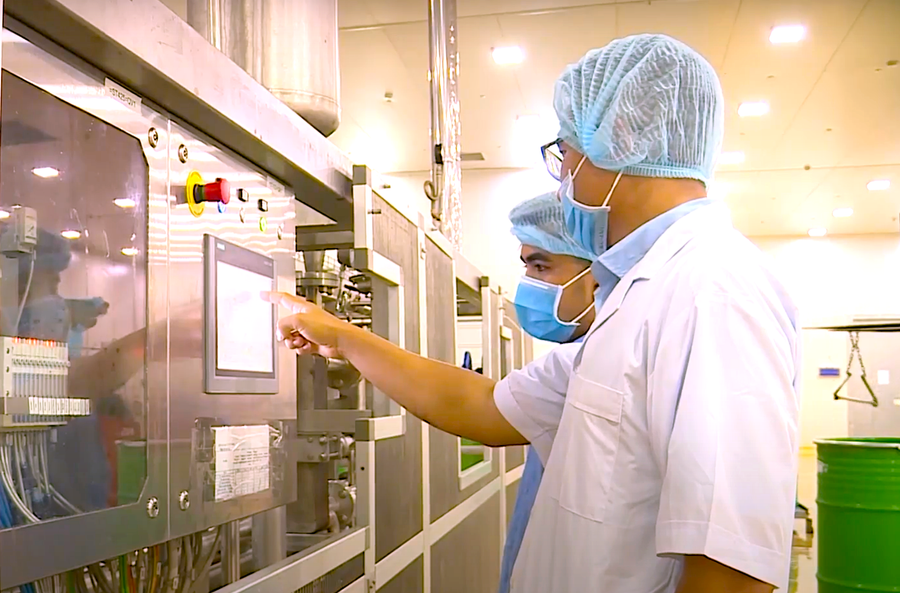
In addition, the household business sector - a dynamic part of the private economy, also grew strongly with more than 66,800 active household businesses, contributing about 220 billion VND to the budget by 2024. This is a significant resource contributing to socio-economic development, especially in rural and disadvantaged areas.
The average growth rate of the private sector is 8% per year, higher than the general GRDP growth rate of the province (6.3% per year). This sector not only contributes about 80% of GRDP, but also accounts for more than 55% of total social investment capital, more than 80% of import-export turnover and about 23% of total state budget revenue.
The average income of private sector workers is increasing rapidly, reaching about 129 million VND/year by 2025. The private sector plays an important role in creating jobs and promoting economic restructuring, especially in rural and disadvantaged areas.
Deputy Director of the Department of Industry and Trade Vo Mai Hung affirmed that KTTN plays a key role in many key areas of the province. In high-tech agriculture and agricultural processing, many enterprises have boldly invested in modern production lines, helping the export turnover of this industry account for more than 80% of the total export value of the province.
“In the field of renewable energy, many wind and solar power projects invested by private enterprises have turned Gia Lai into one of the clean energy centers of the Central Highlands region,” Mr. Hung emphasized.
However, the KTTN area still faces many "bottlenecks". Mr. Phan Thanh Thien - Vice President of the Vietnam Young Entrepreneurs Association, President of the Gia Lai Young Entrepreneurs Association - said: Connecting infrastructure is still lacking in synchronization, logistics costs are high, supporting industries are underdeveloped, tourism has not been exploited to its full potential. Small and medium enterprises account for more than 97% of the total number of enterprises, still limited in management capacity, technology and competitiveness.
If these "bottlenecks" are not resolved, they will continue to be obstacles, making it difficult for the private economic sector to fully promote its role as a driving force in local economic growth.
"Boost" for new development stage
Implementing the Central Government's policy on developing the private economy into an important driving force of the economy, Gia Lai is making strong changes in both thinking and action.
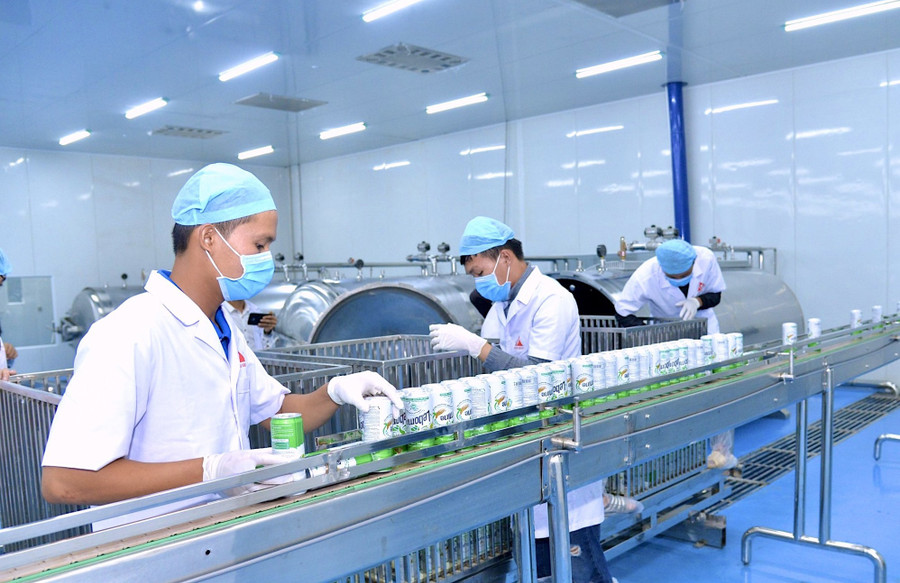
Ms. Vo Thi Tuyet Ha - Deputy General Director of Truong Sinh International Science Development Company Limited (Tra Da Industrial Park, Pleiku Ward) commented: "Enterprises are benefiting greatly from the support policy system such as Resolution No. 68-NQ/TW of the Politburo on the development of the private economy, Resolution No. 198/QH15 of the National Assembly on a number of special mechanisms and policies for the development of the private economy, Resolution No. 139/NQ-CP promulgating the Government's Plan to implement Resolution No. 198/2025/QH15 dated May 17, 2025 of the National Assembly on a number of special mechanisms and policies for the development of the private economy. Strong investment in transport infrastructure, airports, and logistics helps enterprises expand their scale and connect more conveniently with domestic and foreign markets."
According to Ms. Ha, Vietnam's deep participation in free trade agreements such as the Vietnam-EU Free Trade Agreement (EVFTA), the Comprehensive and Progressive Agreement for Trans-Pacific Partnership (CPTPP), the Regional Comprehensive Economic Partnership (RCEP)... also opens up great opportunities for private enterprises to access technology, capital and global markets.
Thanks to that, many businesses are promoting digital transformation, applying technology to modernize production, management and expand markets.
In particular, the Project on developing the private economy of Gia Lai province for the period 2026-2030, with a vision to 2035, which has just been approved by the Provincial People's Committee, is considered an important "push". The project identifies five pillars for private economy development, including: focusing on developing large-scale processing and manufacturing industries to become the mainstay of the economy; developing tourism to truly become a spearhead economic sector; developing high-tech agriculture and sustainable forestry; developing port-logistics services; and developing fast and sustainable urban areas.
The project sets out three key tasks. Among them, strongly improving the investment, business and market environment, focusing on reforming administrative procedures, making processes transparent, reducing duplicate inspections, increasing post-audits and deploying a 24/7 online support system... Improving the capacity of enterprises in terms of quantity, scale, technology and contribution to GRDP, budget and employment. Strengthening linkages and integration of value chains, promoting cooperation between private enterprises and state-owned enterprises and enterprises with foreign direct investment.
To realize the goal, the Project also identifies 6 groups of breakthrough solutions including: mechanisms and policies; human resource development and startups; market connection, export and integration; infrastructure development and logistics; finance - credit; digital transformation and technology application.
Chairman of the Provincial People's Committee Pham Anh Tuan emphasized: Gia Lai aims to have 60,000-65,000 operating enterprises by 2030, of which at least 2 enterprises are capable of participating in the global value chain. The provincial government is committed to accompanying enterprises, focusing on removing barriers, improving the investment environment and creating the most favorable conditions for the private sector to develop dynamically, effectively and sustainably.
Source: https://baogialai.com.vn/gia-lai-cu-hich-moi-cho-kinh-te-tu-nhan-but-pha-post569121.html






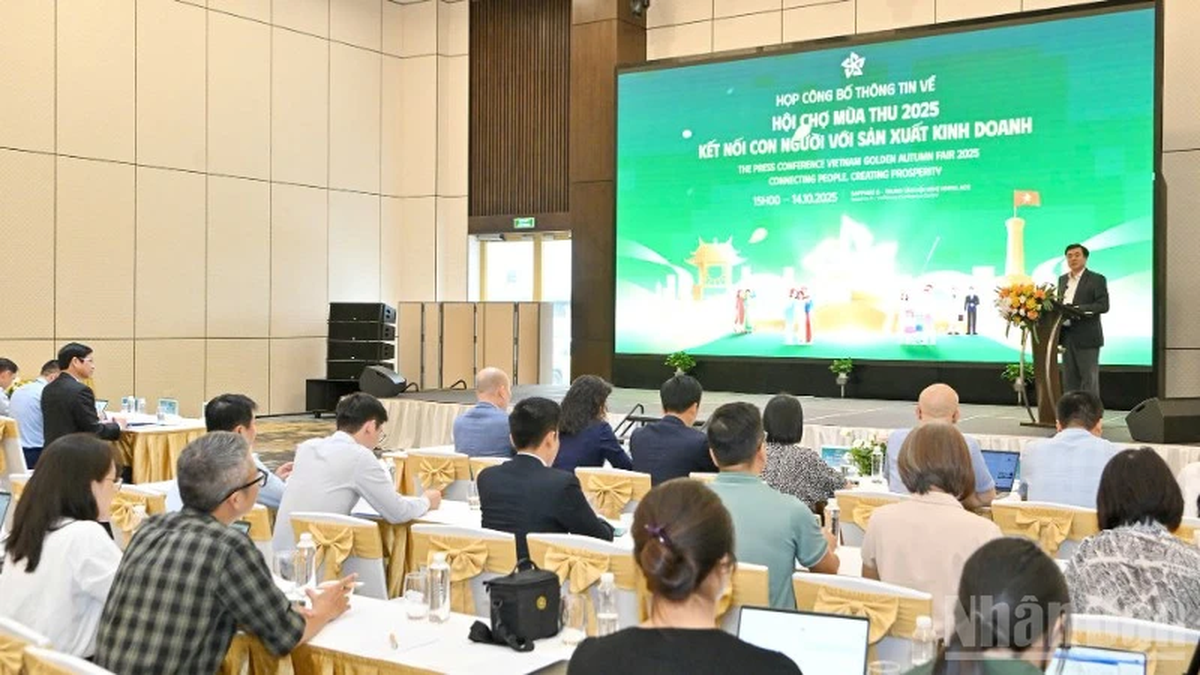
![[Photo] Ready for the 2025 Fall Fair](https://vphoto.vietnam.vn/thumb/1200x675/vietnam/resource/IMAGE/2025/10/14/1760456672454_ndo_br_chi-9796-jpg.webp)


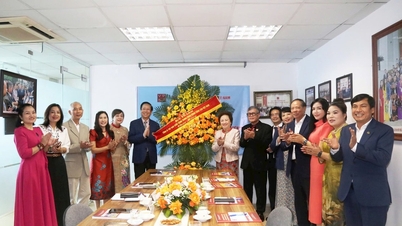



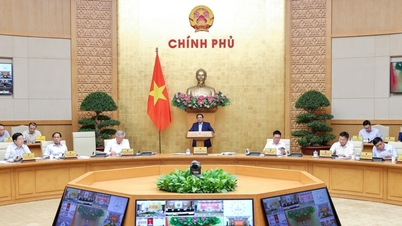

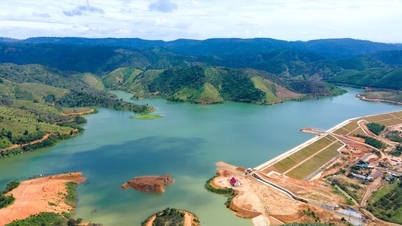

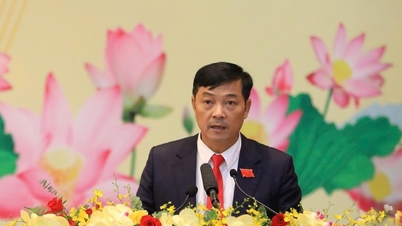
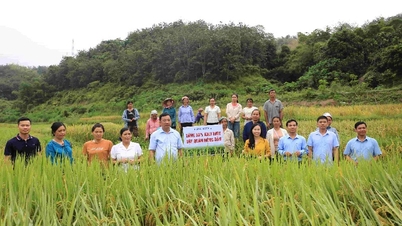

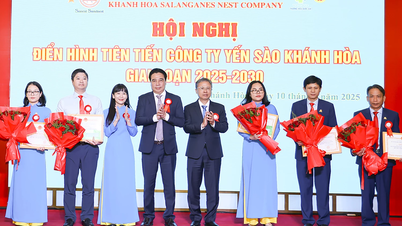

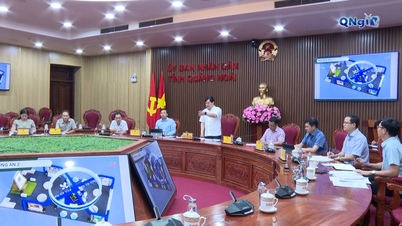

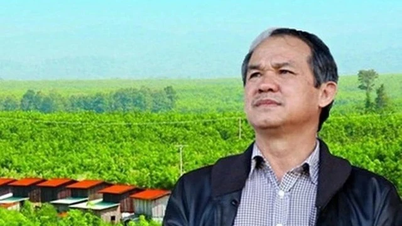
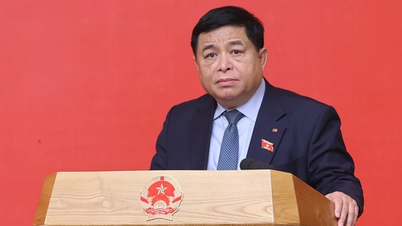






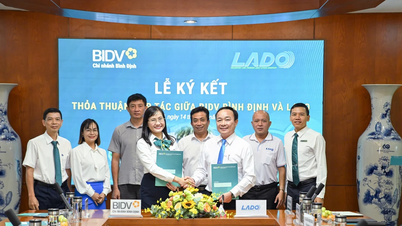



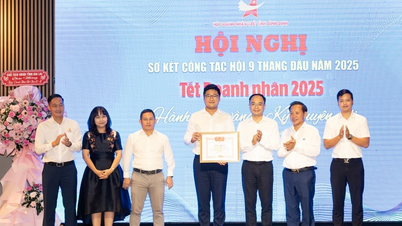


























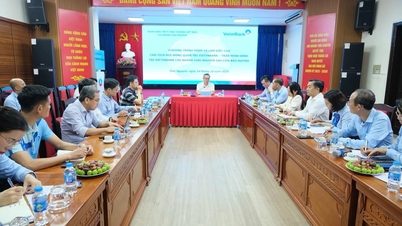











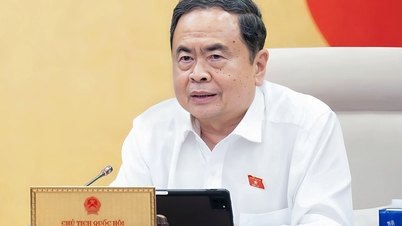





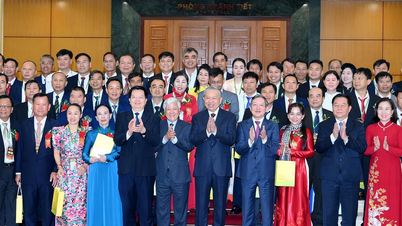
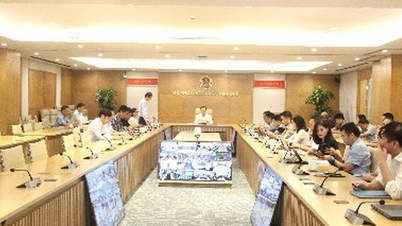




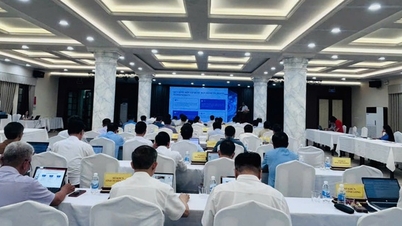


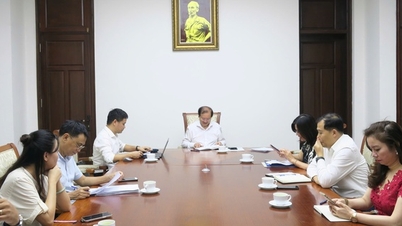
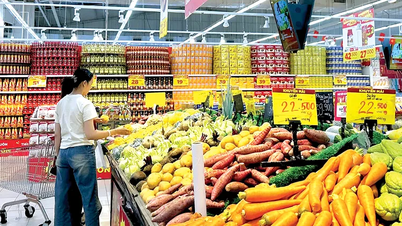

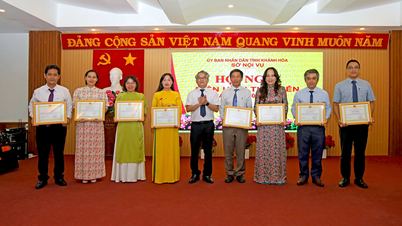
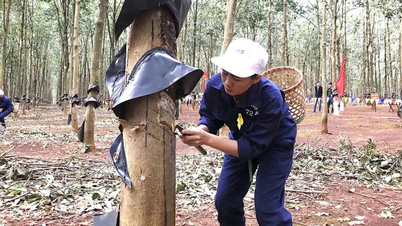
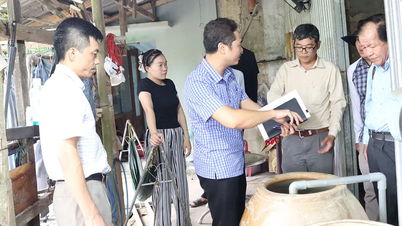
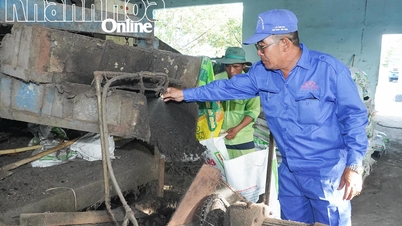
















Comment (0)